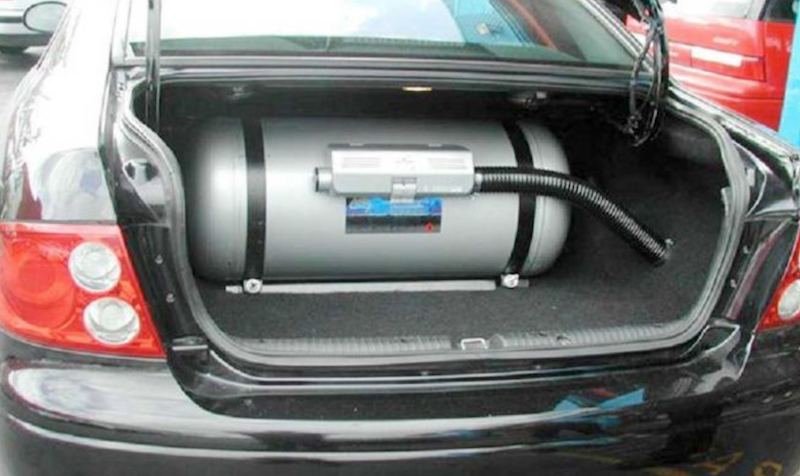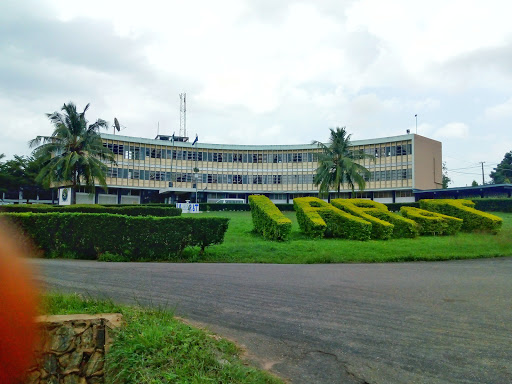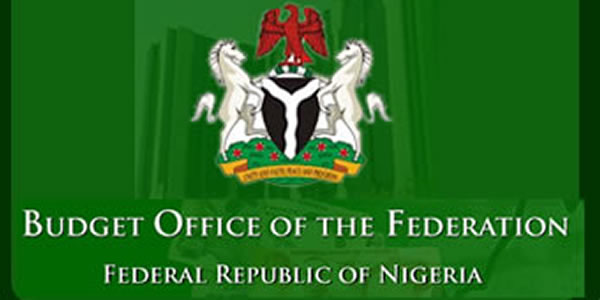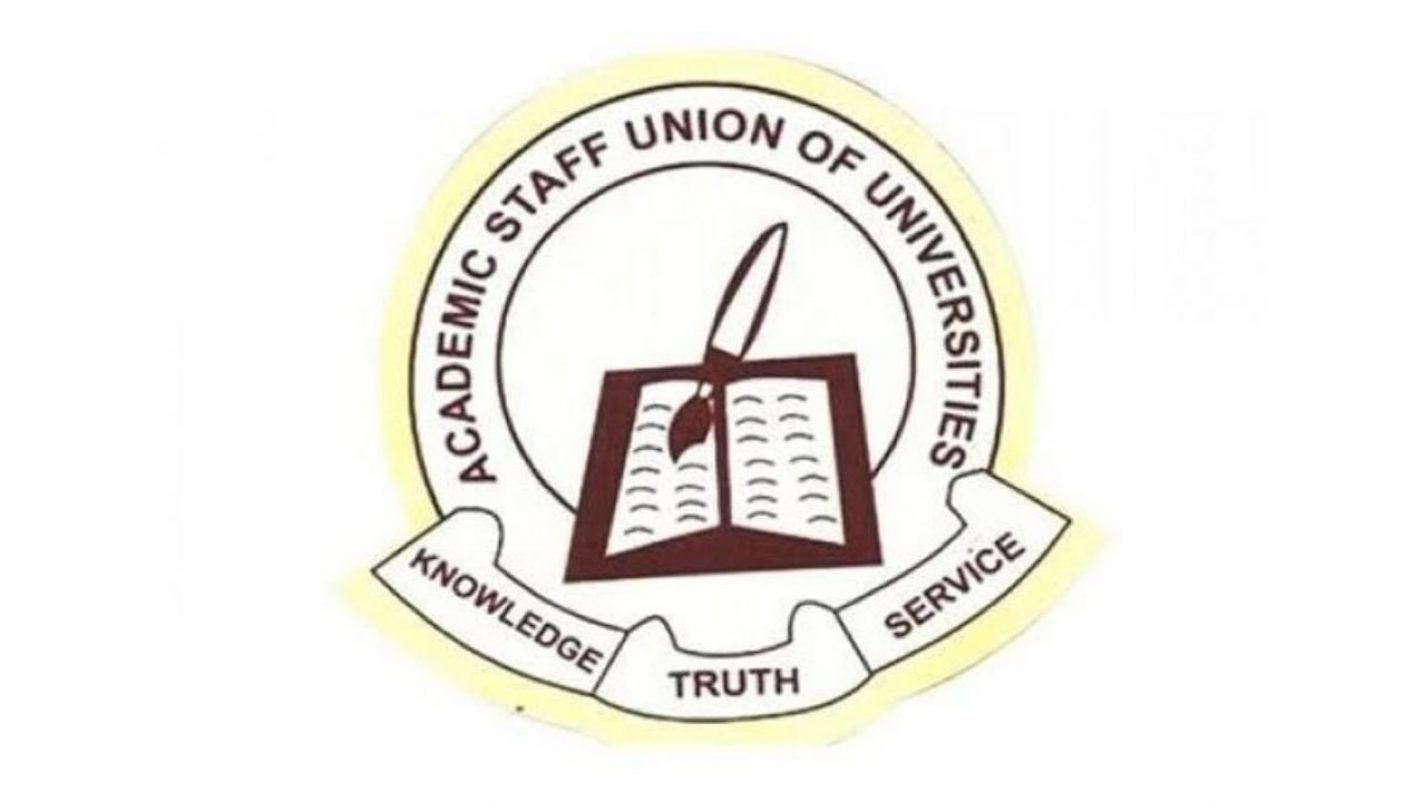The Federal Government has confirmed several Nigerian diplomatic and consular missions abroad are facing financial and operational challenges, ranging from unpaid staff salaries to mounting debts owed to landlords and service providers.
Spokesperson for the Ministry of Foreign Affairs, Kimiebi Ebienfa, disclosed this in a statement on Monday.
He acknowledged that the difficulties have hindered the smooth running of embassies and consulates in different countries.
“The ministry is not unaware of the restrictions that financial limitations have placed on the smooth running of the missions, including the inability to pay salaries of locally recruited staff, financial obligations to service providers, rent to landlords, and the foreign service allowance to home-based officers,” the statement read.
“It is pertinent to state, however, that the Nigerian diplomatic missions are not immune to the economic situation at home and its attendant challenges to government operations.
“The financial situation in our missions stems from budgetary limitations over the years, resulting in shortfalls in allocations.”
Ebienfa assured Nigerians at home and in the diaspora that the welfare of diplomatic staff and their families remains a top priority for the President Bola Tinubu administration.
He highlighted recent measures, including the approval and release of special intervention funds to ease the hardship faced by some missions.
The government stated that it has established a committee to assess the debt profiles of affected missions, adding that over 80 per cent of available funds have been cleared for payments, prioritising service providers, locally recruited staff salaries, and arrears owed to officers.
While noting that these missions are not exempt from the broader economic realities affecting Nigeria, the ministry emphasised that the budgetary shortfalls over the years have significantly hampered the effective functioning of missions and their ability to fulfil core diplomatic responsibilities.
See the full statement below:
STATEMENT BY THE MINISTRY OF FOREIGN AFFAIRS, NIGERIA, ON THE FINANCIAL STATE OF NIGERIAN MISSIONS ABROAD
The Ministry of Foreign Affairs of the Federal Republic of Nigeria wishes to acknowledge the financial and operational constraints recently being experienced by several of our Diplomatic and Consular Missions abroad. The Ministry is not unaware of the restrictions that financial limitations have placed on the smooth running of the Missions, including the inability to pay salaries of locally recruited staff, financial obligations to service providers, rent to landlords, and the foreign service allowance to home-based officers.
It is pertinent to state, however, that the Nigerian Diplomatic Missions are not immune to the economic situation at home and its attendant challenges to government operations. The financial situation in our Missions stems from budgetary limitations over the years, resulting in shortfalls in allocations, which in turn have significantly impacted the optimal functioning of many of our Missions abroad, and the ability to deliver on their core diplomatic and consular mandates effectively.
The Ministry wishes to assure all Nigerians, both at home and abroad, and the international community, that the welfare of its staff and their families in the diaspora is of paramount importance to the current administration of President Bola Ahmed Tinubu, GCFR. The government is taking decisive and concrete steps to address the issues of fund allocation to all its Missions abroad.
One such remedial measure was the approval and release of special intervention funds to cushion the effects of the hardship faced by some of the Missions.
To ensure that the monies remitted to the Missions are utilised judiciously and managed prudently in line with this Administration’s financial discipline policy, the Ministry set up a committee to assess and confirm the debt profile of the affected Missions with a view to ensuring that payments are justifiable and carried out based on equity and fairness to all those affected. Based on responses from Missions and documentary evidence provided, more than 80 per cent of the available funds have been cleared for payments, with priority given to service providers, salaries of locally recruited staff and arrears of claims due to officers, respectively.
The Ministry has also engaged the Office of the Accountant-General of the Federation in obtaining refunds for the shortfall in Missions’ allocations in the 2024 fiscal year due to foreign exchange differentials associated with the new monetary policy and the harmonisation of exchange rates. To mitigate its impact, the government of President Bola Ahmed Tinubu, GCFR, has graciously approved the settlement of the shortfall. Consequently, the first tranche has already been remitted to all Missions, with some having confirmed receipt.
Similarly, the Second Semester Allocations have also been approved. The Ministry is engaging with the Federal Ministry of Finance and the Central Bank of Nigeria to facilitate the prompt release of Personnel and Overhead Cost Allocations to all Missions, starting this week, to clear outstanding Allowances and further alleviate the financial situation of the Missions. With these efforts, Missions have begun to stabilise.
In the same vein, the Ministry is also working diligently to develop a sustainable financial model for funding our missions abroad, which includes exploring innovative solutions and efficiency measures to ensure long-term operational stability. These efforts are integral to the broader public sector financial reforms being implemented by the Federal Government, aimed at enhancing fiscal governance and ensuring the effective allocation of resources.
The Ministry recognises the resilience and dedication of its diplomatic staff who continue to discharge their duties with commendable patriotism under these difficult circumstances. We also thank the host governments, service providers and our international partners for their understanding and continued cooperation. The Nigerian government remains unwavering in its commitment to providing the necessary support to all its Missions abroad with a view to enabling them to function at their full capacity.
We are confident that the current challenges are temporary and will be overcome through the concerted efforts of this administration.
The Ministry of Foreign Affairs reaffirms Nigeria’s commitment to robust and dynamic international diplomacy, as well as the unwavering protection and welfare of every Nigerian citizen worldwide.









